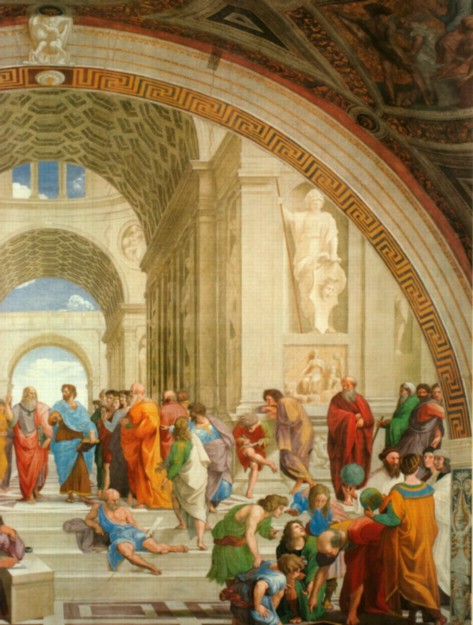A afghan poll just came out saying they feel things look good for democracy, but worry about corruption. That's not surprising, since politics is in essence a spoils system. Corruption will always occur. The question is, how to stem its pernicious influences and make corrections to the system.
The goal in our support for new democracies should be to create competing power centers that use information, not violence to change things. If there is something that isn't working, or corruption in the system, the proper way to halt things is not violent change, but clear exposure of the corruption. Sunshine is the best disenfectant. A government needs to seperate some powers, both for the standard separation of powers arguments (that factions can be dangerious and self-interesed, sometimes fanatically so), but for reasons of embarassment. Part of the Bush era problem was that Republicans marached in lockstep demonizing their opponents while refusing to ever say anything wrong about their fellows. In an open, established society like ours, the First Amendment and the internet at least lets damning information out. The new democracies need idependent power systems within the state that can audit the government and bring information out for the public, to help expose individuals natural proclivity for corruption and abuse of power to check the excesses that will spring up.
While the GOP here called those who questioned them terrorist lovers and the like, at least there were no death squads. This is not the case in many fragile democracies. So those in power must be exposed witout fear of reprisal. The US should support (and physically protect) this "audit" branch of government, which would be armed with certain investigative powers. However, the "audit branch" will have no power but that of investigation. The results cannot be used to force a change directly. The information will be gathered, a report issued to the federal and state/province governments, and also to the public. Then it will be up to the citizenry and competing factions to use this information to create change, through protest, elections, etc.
Frankly, the US must essentially commit itself to protection of the fourth estate in Iraq and Afghanistan. If there was an investigative group empowered to ask questions, get answers, examine documents, and report on the state of affairs without fear, an informed and enlightened populace could be created, one that both understands and has a stake in civil society.
If such a system has some effect in cleaning up corruption, faith in deomcracy will grow.
The enemy of a democratic government by the people is secrecy within the halls of government itself. If those in office can hide their dealings, they cannot be called to acccount. For what is in the shadows, but darkness?
Subscribe to:
Post Comments (Atom)

No comments:
Post a Comment